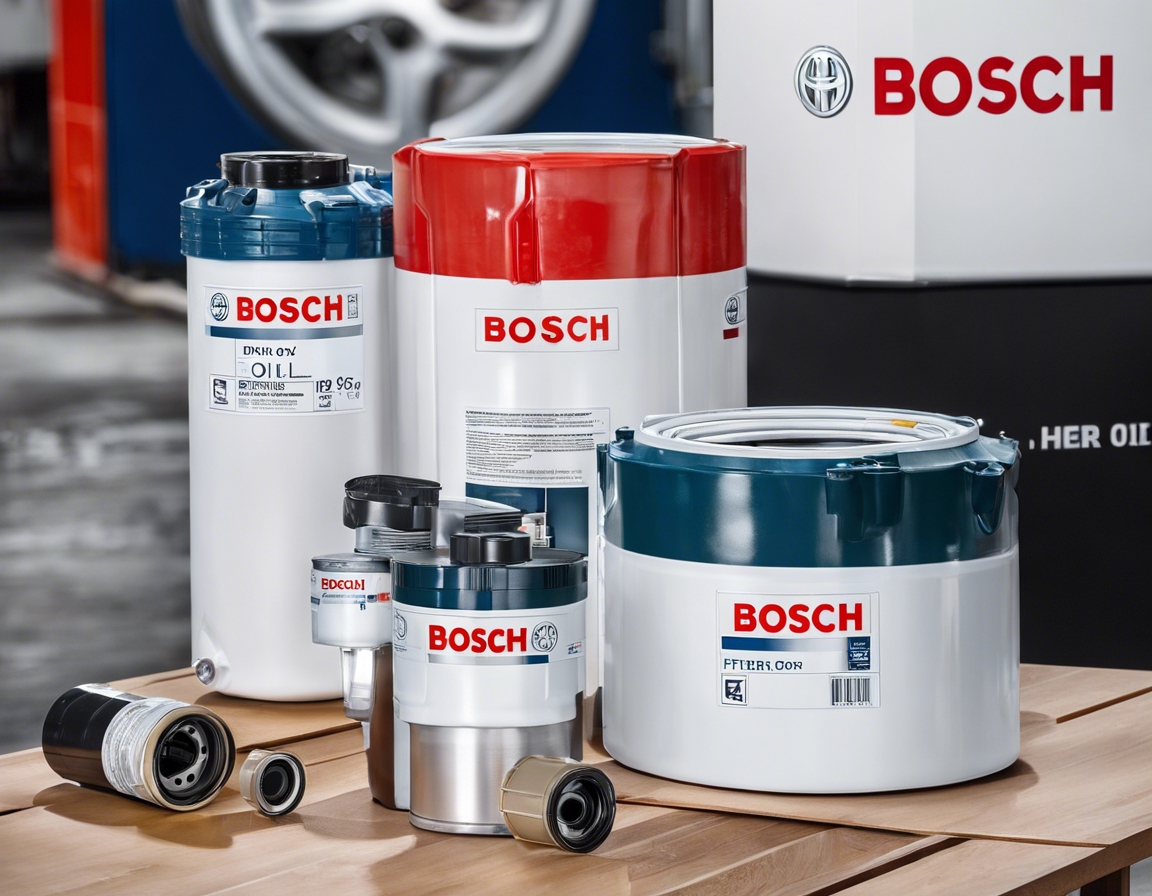How to choose the right oil for your vehicle
Engine oil is the lifeblood of your vehicle. It lubricates moving parts, reduces friction, prevents corrosion, and helps to keep the engine cool by carrying away heat. Without the right oil, your engine could suffer from increased wear and tear, leading to a shorter engine life and potentially costly repairs.
Choosing the wrong oil can lead to a range of problems, such as reduced fuel efficiency, increased oil consumption, and even engine damage. It's crucial to select the correct oil to maintain your vehicle's performance and longevity.
Types of Engine Oils
Conventional oil, also known as mineral oil, is derived from crude oil and has been the standard choice for many years. It's suitable for older vehicles or those with simple engine designs.
Synthetic oil is engineered to provide superior performance and protection. It operates well in extreme temperatures and is ideal for modern engines, high-performance vehicles, and those that undergo severe driving conditions.
A mixture of conventional and synthetic oils, synthetic blend offers better protection and performance than conventional oil, at a more affordable price than full synthetic.
Designed for vehicles with over 75,000 miles, high-mileage oil contains additives that help reduce oil burn-off and leaks while conditioning engine seals.
Viscosity Grades Explained
Viscosity refers to the oil's thickness and its ability to flow at different temperatures. The viscosity grade is indicated by a number followed by a 'W' (for winter) and another number, such as 5W-30. The lower the first number, the better the oil will perform in cold temperatures. The second number indicates the oil's resistance to thinning at high temperatures.
Temperature has a significant impact on oil viscosity. In cold climates, a lower viscosity oil is preferred to ensure easy starting and adequate engine protection. Conversely, in hotter climates or during the summer, a higher viscosity oil may be necessary to maintain proper lubrication.
Manufacturer's Recommendations
Your vehicle's owner's manual is the best source for the recommended oil type, viscosity, and change intervals. Adhering to these recommendations is essential for maintaining your vehicle's warranty and performance.
The age of your vehicle and the terms of your warranty may dictate the type of oil you should use. Newer vehicles often require synthetic oil, while older models may be more suited to conventional oil.
Oil Change Intervals
While the traditional advice has been to change your oil every 3,000 miles, many modern vehicles can go 5,000 to 10,000 miles between oil changes due to advancements in oil technology and engine design.
Many vehicles now come equipped with oil life monitoring systems that alert you when it's time for an oil change based on your driving habits and conditions, rather than a set mileage interval.
Special Considerations for Your Vehicle
Your driving habits and the conditions under which you drive can affect the type of oil you should use. Frequent short trips, towing, or driving in extreme conditions may require a more robust oil formula.
Diesel and gasoline engines have different lubrication requirements. Diesel engine oils often have higher viscosity and contain specific additives to deal with the byproducts of combustion.
Environmental and Technological Considerations
Oil technology has advanced significantly, with many oils now designed to reduce emissions and improve fuel economy.
There are also environmentally friendly oils available that are made from renewable sources or designed to have a lower impact on the environment.






Comments (0)